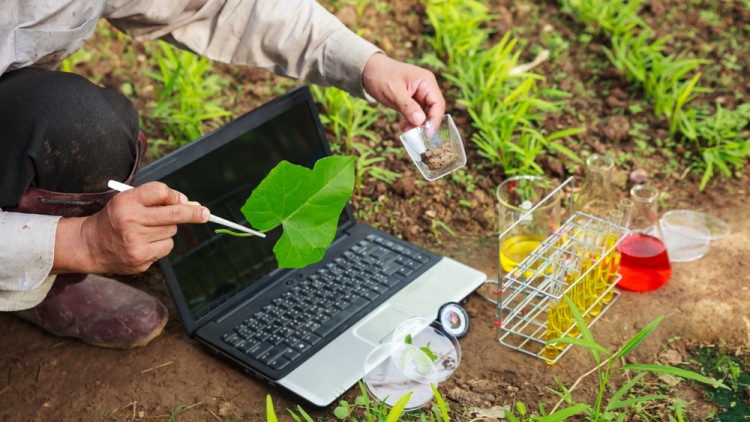- Documenting/Recording Information — Entering, transcribing, recording, storing, or maintaining information in written or electronic/magnetic form.
- Communicating with Supervisors, Peers, or Subordinates — Providing information to supervisors, co-workers, and subordinates by telephone, in written form, e-mail, or in person.
- Evaluating Information to Determine Compliance with Standards — Using relevant information and individual judgment to determine whether events or processes comply with laws, regulations, or standards.
- Getting Information — Observing, receiving, and otherwise obtaining information from all relevant sources.
- Identifying Objects, Actions, and Events — Identifying information by categorizing, estimating, recognizing differences or similarities, and detecting changes in circumstances or events.
- Establishing and Maintaining Interpersonal Relationships — Developing constructive and cooperative working relationships with others, and maintaining them over time.
- Making Decisions and Solving Problems — Analyzing information and evaluating results to choose the best solution and solve problems.
- Interacting With Computers — Using computers and computer systems (including hardware and software) to program, write software, set up functions, enter data, or process information.
- Organizing, Planning, and Prioritizing Work — Developing specific goals and plans to prioritize, organize, and accomplish your work.
- Inspecting Equipment, Structures, or Material — Inspecting equipment, structures, or materials to identify the cause of errors or other problems or defects.
- Communicating with Persons Outside Organization — Communicating with people outside the organization, representing the organization to customers, the public, government, and other external sources. This information can be exchanged in person, in writing, or by telephone or e-mail.
- Judging the Qualities of Things, Services, or People — Assessing the value, importance, or quality of things or people.
- Updating and Using Relevant Knowledge — Keeping up-to-date technically and applying new knowledge to your job.
- Monitor Processes, Materials, or Surroundings — Monitoring and reviewing information from materials, events, or the environment, to detect or assess problems.
- Processing Information — Compiling, coding, categorizing, calculating, tabulating, auditing, or verifying information or data.
- Training and Teaching Others — Identifying the educational needs of others, developing formal educational or training programs or classes, and teaching or instructing others.
- Interpreting the Meaning of Information for Others — Translating or explaining what information means and how it can be used.
- Resolving Conflicts and Negotiating with Others — Handling complaints, settling disputes, and resolving grievances and conflicts, or otherwise negotiating with others.
- Performing General Physical Activities — Performing physical activities that require considerable use of your arms and legs and moving your whole body, such as climbing, lifting, balancing, walking, stooping, and handling of materials.
- Operating Vehicles, Mechanized Devices, or Equipment — Running, maneuvering, navigating, or driving vehicles or mechanized equipment, such as forklifts, passenger vehicles, aircraft, or water craft.
- Performing for or Working Directly with the Public — Performing for people or dealing directly with the public. This includes serving customers in restaurants and stores, and receiving clients or guests.
- Analyzing Data or Information — Identifying the underlying principles, reasons, or facts of information by breaking down information or data into separate parts.
- Performing Administrative Activities — Performing day-to-day administrative tasks such as maintaining information files and processing paperwork.
- Estimating the Quantifiable Characteristics of Products, Events, or Information — Estimating sizes, distances, and quantities; or determining time, costs, resources, or materials needed to perform a work activity.
- Scheduling Work and Activities — Scheduling events, programs, and activities, as well as the work of others.
Read More







